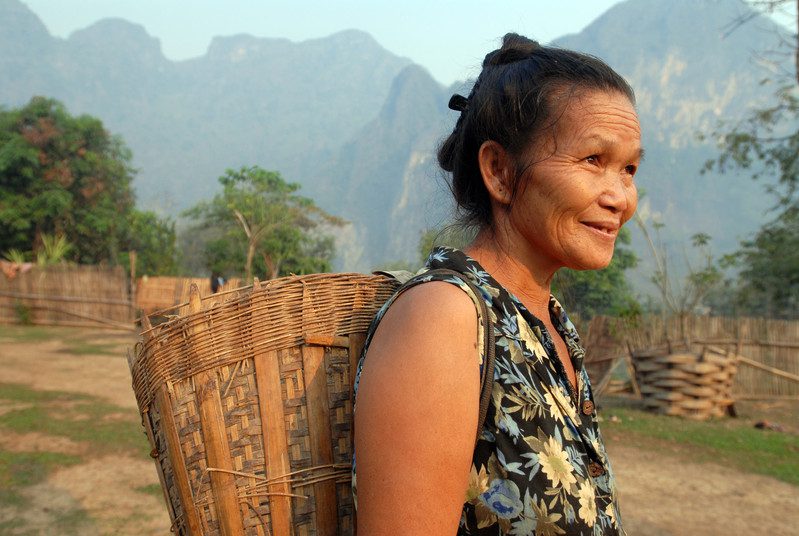Making a living
Making a decent living is more than just having a job. It’s also about living in a safe environment with reliable and permanent sources of food, income, and employment.
Growing food
More than two thirds of the three billion people who live in poverty rely on small-scale agriculture for their food and wages.
We work with poor rural communities in Asia, the Pacific and Southern Africa to help them grow more food in sustainable ways and protect their land and water sources from the impact of natural disasters and climate change.
For example, each year between harvests in Malawi, many rural families run out of food – mainly due to recurrent droughts and floods and the loss of arable land to tea plantations. To help these families tackle the problem we are distributing high-yielding, early maturing, drought-tolerant seeds, drilling water boreholes and training farmers in agricultural techniques.
Fighting for better working conditions
Having a job doesn’t guarantee a way out of poverty. Waged jobs often trap workers in poverty, not only because of poor pay, but also because of the terms of employment – excessive hours, unstable contracts, or no provisions for illness, maternity, or incapacity.
Many workers in the global sportswear industry, for example, are living in poverty even though they have paid jobs. Producing for companies like Nike, adidas and Puma, these workers – most of them women – often endure low wages and long hours in sweatshop conditions. So we’re part of a global campaign to persuade companies and governments to respect workers’ rights.
Protecting natural resources
In rural communities, making a living depends on having access to productive land and natural resources. Destroy the environment, or remove people’s access to it, and you are likely to be left with one thing: poverty.
So, we work with communities to better manage their resources and fight for their right to make a living from the land when those in power – government, corporations and big banks – have other ideas. In Laos and Cambodia, for example, we’re helping river communities to manage precious fish resources. While in the Philippines, we’re helping a community voice concern over a planned mine which threatens their citrus plantations and as a result, their source of income.
Campaigning for fairer trade
You work your guts out and then are forced to sell your produce for virtually nothing thanks to the rigged rules and double standards of global trade. The world’s poor coffee farmers know this scenario well.
For poor people to benefit from global trade, the rules need to be reformed so that they guarantee fair access for poor people to national and international markets. So we’re campaigning hard to Make Trade Fair.
